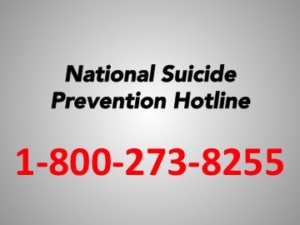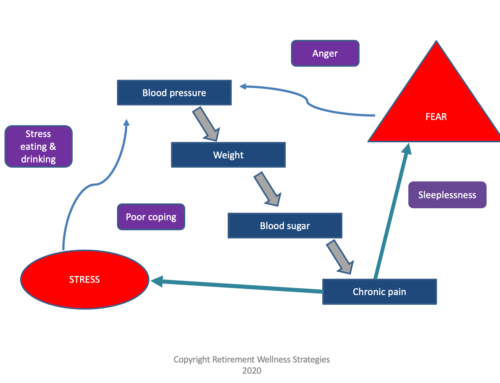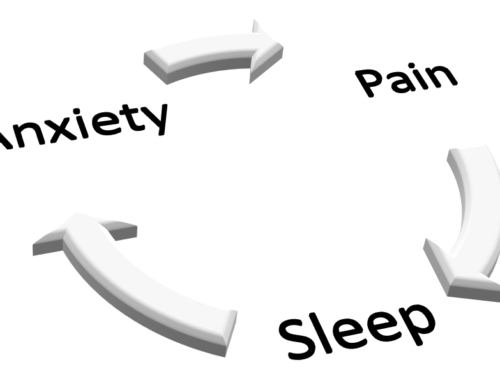
Know the risk factors, the warning signs, and the phone number.
You have had tremendous success in your career. Perhaps you started the company yourself. You at least had a major impact on its success.
For years you have been planning for retirement. Your financial portfolio is ready. Your succession plans are in place. Your family is excited to have more of your time.
Or, maybe retirement has come before you are ready. A buy-out or lay-off situation seemed to come out of nowhere.
Any of these situations can lead to the almost unthinkable outcome of suicide.
Rise in Suicide in the US
The Centers for Disease Control released new data in June 2018 about the rising rate of suicide in the United States. Over at least the last decade, the population with the most increase was men ages 45-59 followed closely by those over 60. All but one state has seen an increase in suicide from 1999 to 2016.
Note, during this time two key variables could be playing a role.
- The Boomer generation has a different perspective on life and religion as compared to previous generations. This generation has explored a wider range of religions and a larger segment has moved away from traditional religion.
- There was a recession that changed the economic portfolio for many people. Although age and health might indicate it is time to retire, the financial situation might have taken a hit from which it has not yet recovered.
Depression and Suicide in Retirement
Another factor for anyone who retires is the possibility of the post-retirement-blues. Those with hobbies and a broad social network seem to get through this the best. But, especially for those who spent most of their time working and had their social network primarily consist of work colleagues, retirement can feel like sudden isolation. So much planning has gone into getting to retirement. Then, once there, the sudden stop of the normal routine and the uncertainty about what comes next can have a big effect. In some cases it is mild disillusionment and an impetus to start creating new routines exploring new opportunities.
In some cases, it leads to a loss of self. A deeper, darker depression can erode confidence, meaning, and a sense of relevance. For some, this downward spiral can lead to suicide.
- If you ever have a desire to end your life, or know someone who may be contemplating suicide, please reach out to a resource such as the National Suicide Prevention Lifeline Phone Number 1-800-273-8255.
Planning for Retirement
Much effort often goes into planning for the financial component of retirement and the succession at work. But, what about preparing mentally, emotionally, spiritually, and physically for the personal transition of retirement? This is at least as important as the other planning.
At Retirement Wellness Strategies, we have a unique mapping tool to help you plan for this next chapter. Retirement should be meaningful, active, sustained (for a good long time), and healthy. That is where we come in. Don’t leave your transition to chance.
You can reach us at www.retirewellness.com, michelle@retirewellness.com, or by calling 410-472-5078.
You can find further application in my personal blog.





